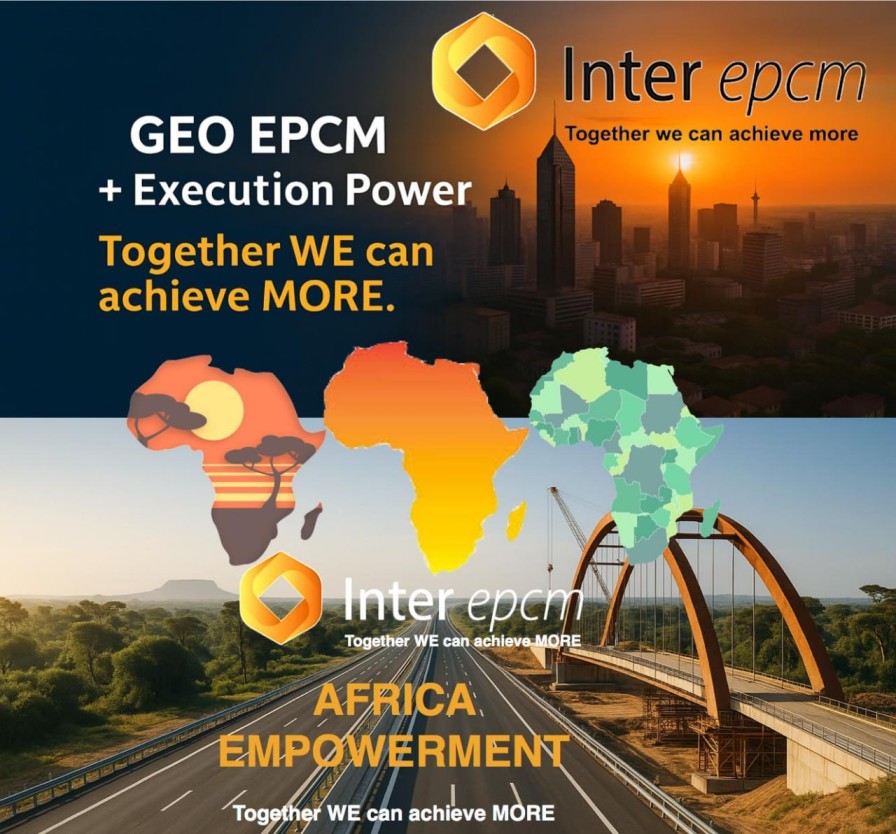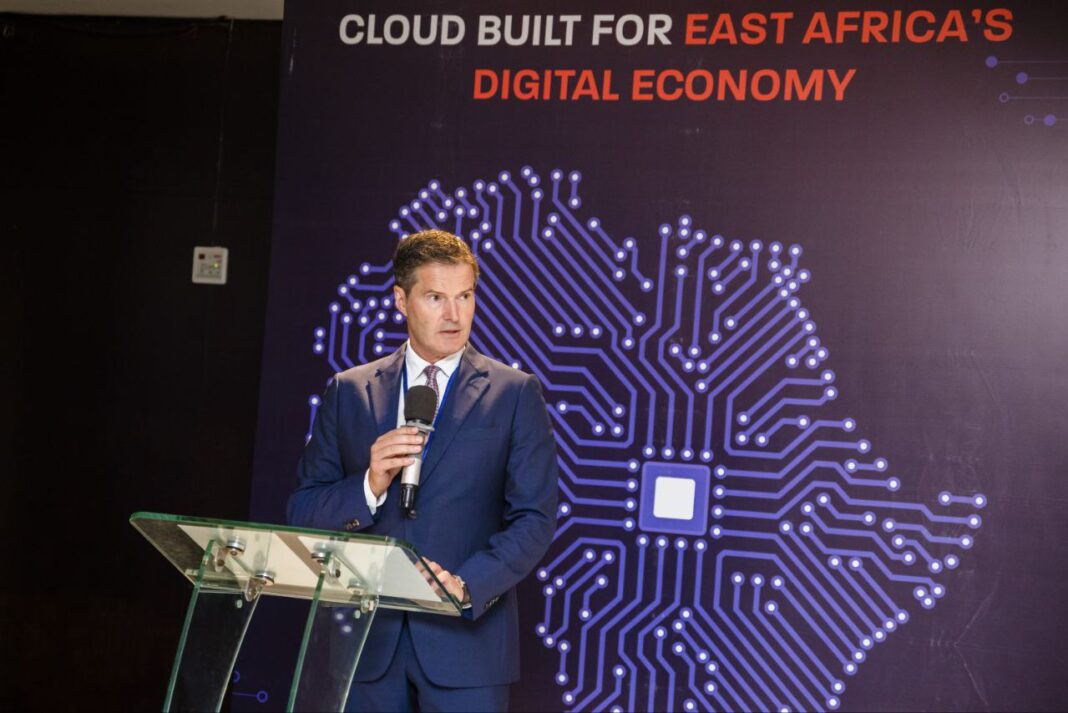Let me begin by expressing my sincere thanks to the Institute of Foreign Affairs for giving me this opportunity to address you today.
Excellencies, distinguished guests, ladies and gentlemen,
I took up the post of Managing Director for Africa at the European External Action Service – the EU’s “Foreign Ministry” – on 1 September. I have extensive experience, also on the African continent, but this is my first trip in my new role. And of course, there is no better place to start than Addis Ababa – the seat of the African Union and capital of a country that was at the forefront of the creation of the United Nations, as well as a strong supporter of African independence and unity.
My colleague Simon Mordue visited earlier this year and made an excellent intervention in this same Forum on the importance – now more than ever – of multilateralism. I want to echo his key messages, particularly the urgent need to uphold the principles of the UN Charter, and our strong support for the UN-80 initiative.
EU – Africa
Over the past 25 years, the partnership between the African Union and the European Union has grown deeper, broader, and more meaningful. As we look ahead to the 7th AU–EU Summit in Luanda, we celebrate not only a milestone in our shared history but also the vibrant cooperation that unites our peoples, our private sectors, our civil societies, and our youth.
Africa and Europe are bound together by geography, history, and a shared vision for the future. The European Union remains Africa’s closest partner – its largest trading ally, its leading investor, its foremost partner in peace and security, and its biggest provider of development and humanitarian assistance. Our trade alone reached over EUR 366 billion in 2023 – a testament to the strength and scale of our economic ties.
At this summit, we reaffirm our commitment to three pillars:
- Peace and security – grounded in African-led solutions and respect for human rights and good governance.
- Prosperity – building sustainable growth and opportunity, especially for Africa’s youth. With 60% of the world’s solar resources and 30% of critical minerals, Africa is key to our green and digital transitions.
- Multilateralism– with the United Nations at its core, upholding a rules-based international order and ensuring our voices are united on the global stage.
Through the Global Gateway Africa–Europe Investment Package, we are mobilising at least EUR 150 billion in sustainable investments. Over half of all Global Gateway flagship projects are focused on Africa, from renewable energy and vaccine manufacturing to agriculture and trade corridors. The Africa –Europe Green Energy Initiative alone will provide 50 gigawatts of renewable power and connect 100 million people to electricity by 2030.
We continue to support the African Continental Free Trade Area with over EUR 1.2 billion – fostering trade, building regional value chains, and unlocking new opportunities in energy, health, and agribusiness.
In peace and security, the EU remains Africa’s most steadfast partner. Since 2021, we have provided over EUR 1 billion in support through the European Peace Facility and deployed 11 missions across the continent – from maritime security to crisis response and rule of law initiatives. Together, we are advancing the Women, Peace and Security, and Youth, Peace and Security agendas – because peace is strongest when it is inclusive.
We are also deepening cooperation on migration and mobility. Thousands of African and European students and researchers have exchanged knowledge through EU-funded mobility partnerships, strengthening people-to-people connections across continents.
We stand united in our commitment to effective multilateralism – reforming the international financial architecture, addressing debt vulnerabilities, and leading global action on climate and sustainable development.
Horn of Africa
Zooming in on the Horn of Africa, we are confronted with ongoing challenges. The tragic conflict in Sudan continues to cause immense human suffering, while the attacks of Al Shabab and other terrorist organizations in Somalia undermine development and security. The Red Sea, a vital conduit for global trade and 10% of EU trade, is threatened by attacks from the Houthis in Yemen. Across the region, tensions are high within and between states.
No conflict will in the end be solved through violence. And therefore dialogue, dialogue and more dialogue is needed. Europe has experienced centuries of conflict and learned the painful lesson that sustainable solutions come through negotiation and compromise. The EU was born out of the horrors of the Second World War and the leaders of that time committed to “never again”. EU is a peace project!
Many of the tensions and grievances in the region can be addressed through win-win solutions, provided leaders prioritize the welfare of their people and engage constructively. The EU, together with its partners, is ready to support such processes.
Ethiopia continues to play a stabilizing role. Three years ago, the Cessation of Hostilities Agreement between the Government of Ethiopia and the TPLF brought an end to a tragic two-year conflict. While no agreement is perfect, this agreement has largely held, demonstrating that with will, courage, and openness, the guns can indeed be silenced. Brokered by the AU, it exemplifies an African solution to an African problem. The EU remains committed to supporting the full implementation of the Cessation of Hostilities Agreement, including humanitarian assistance, development support, DDR (Disarmament, demobilization and reintegration) programmes, and trust-building initiatives in the North and throughout the country. We put our money where our mouth is.
Celebrating EU–Ethiopia relations
This year, we also celebrate 50 years of formal EU–Ethiopia relations. Of course, interactions with individual EU Member States go back much further – a remarkable history that stretches to the kings and people of ancient Axum, who communicated not only in local languages but also in Greek!
Our partnership is broad and enduring, and the EU is not – as suggested by a recent newspaper article – shifting focus away from the region. Quite the opposite! Beyond trade and assistance, the people-to-people bonds are particularly strong. Only in the last month we have seen important milestones underlining our partnership. It was a pleasure to welcome H.E. President Taye to Brussels where he together with the EU Commission President von der Leyen signed the GG partnership. The launch of a substantial package of interventions for 2025 and the first EU–Ethiopia Public–Private Dialogue also underline our strong partnership. We look forward to the EU–Ethiopia Business Forum in spring 2026. We are committed to supporting initiatives in the country and across the region to promote development, stability, and cooperation.
Since the restoration of EU-Ethiopia partnership in 2023, the EU has committed 345 million EUR to support key sectors, including energy, agribusiness, digitalisation, health, governance, and vocational training.
The EU’s presence in Ethiopia is extensive: 22 Member State embassies, three EU cultural institutes, and multiple European schools.
Academic exchange remains a vital link. Erasmus programmes now include Ethiopian universities, and students are encouraged to attend upcoming Study in Europe Fairs. I encourage interested students to attend the Study in Europe Fair at Kotebe University next week, with a follow-up at Addis Ababa University in February. As you can hear EU–Ethiopia relations today are deep and multifaceted!
Ethiopia stands at an important juncture. The upcoming general elections in June 2026 will be an important milestone. EU’s own experience is that credible and inclusive processes make societies stronger and more resilient. This entails also a conducive environment for media and CSOs to meaningfully engage in the election process in accordance with their respective mandates.
Energy has been a major focus in recent months. Projects like the Danish100 MW Assela Wind Farm and our new RISED programme reflect the EU’s commitment under the Global Gateway initiative to support Ethiopia’s energy transition. In addition, the EU and its Member States have lot to offer and share also in the field of nuclear energy.
We announced RISED around the same time as the inauguration of the Grand Ethiopian Renaissance Dam (GERD). The EU’s position is consistent: dialogue, cooperation, and African leadership are the only path forward. We continue to support all efforts towards constructive dialogue between the Nile Basin riparian states and encourage mutually acceptable agreements on various issues of concern (e.g. dam operation, drought mitigation, future projects). The EU stands ready to provide technical and diplomatic support, promoting transparency, trust, and regional stability. The GERD should be a driver of regional cooperation, not tension. The GERD should unite the region – not divide it.
Ladies and Gentlemen,
The EU–Africa partnership is grounded in shared values and aspirations. As we mark 25 years of partnership, let us continue building a Europe–Africa alliance rooted in trust and a common ambition: peace, prosperity, and progress for our peoples.
The Horn of Africa faces challenges, but also opportunities – and with courage and cooperation, the future can be bright.
Here in Ethiopia, Team Europe will remain a reliable, long-term partner, supporting development, stability, and opportunity for all Ethiopians. We look forward to the next 50 years of EU-Ethiopia cooperation.
Thank you.






